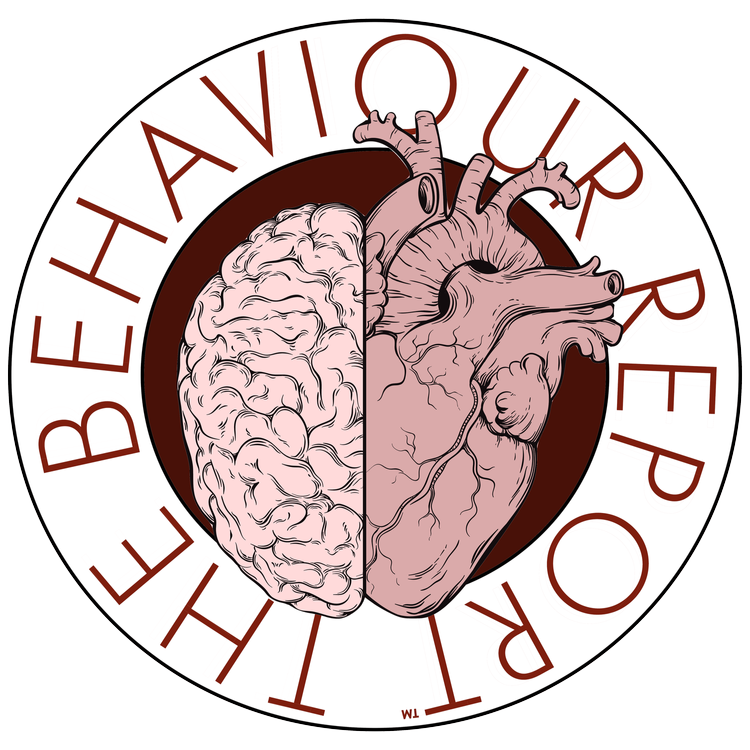by Kieran Flanagan @ThinkKieranF @TheBehaviourRpt #Communication #Brand #Leadership
Let me preface this post by stating that I am not making the case that truth isn’t important or not valuable. Simply that it is getting harder and harder to identify the facts amongst the fictions, and therefore, truth is no longer enough to build trust in your communication, brand or leadership.
So, what happened to the truth?
Trust Decay
The past couple of decades have seen an incredible decrease in our trust in our institutions, of commercial organisations and even our communities, and a correlating rise in cynicism and even nihilism - and with good reason.
Politicians across the spectrum have been publicly outed as liars, cheats and criminals, financial corporations revealed to be corrupt and economically reckless, religious institutions found guilty of terrorism and child abuse, children’s entertainers exposed as paedophiles, celebrities have been cancelled, police have been implicated in systemic racism, our war heroes accused of war crimes and it turns out our parents - let’s call them Santa and The Tooth Fairy - lied about EVERYTHING!
Distrust, is actually, the logical conclusion to life in the 21st Century!
However, this trust decay is also being amplified by:
Black and White Thinking
Now, this has nothing to do with racism, although that is often an outcome, it is more to do with our belief that, “If you’re not with us, you’re against us.” In other words, it is our belief-based tribalism that sets us up in opposition with other members of our community.
We become more convinced by our own rightness (and even righteousness), as social media algorithms feed our own biases back to us as factoids, whilst devaluing dissenting views and opinions as flawed and even improper.
Just look at any conversation between two people you used to consider close friends just a few years ago about the subject of COVID and vaccines - two words that are so divisive they attract fact-checker bots like they’re Taylor Swift tickets!
Consequently, we are becoming less good at entertaining views outside our own, or even in acknowledging their right to exist. Again, this manifests across the spectrum with tribal divisions stretching across culture, politics, race, religion and even what is considered funny (or in most cases, considered not funny - I’m looking at you Dave Chapelle & Jimmy Carr).
This mode of thinking makes finding agreement and consensus between opinions extremely difficult.
Where there are no shades of grey and when compromise is seen as weakness or loss, the only alternative is distrust of the truth of the “other.”
Media Bias, Deep Fakes & False Narratives
This may be the defining trust-breaking factor of our time.
In a world where different media platforms are censoring free speech they (or regulators) disagree with, where one side shouts “fake news” while the other sites “false narratives,” we find ourselves in a world we’re information and intelligence is impressibly democratised and ubiquitous as at no other time in history, but simultaneously untrustworthy, and therefore devalued.
Complicating things further, is the rise of Deep Fake AI technology that can map a face (often that of Tom Cruise) onto someone else’s, sample a snippet of your voice from an online social post and create a fake message of such quality that it can fool a member of your own family.
How long will it be before digitally-native school children can actually provide video evidence and convincing parental testimony of a dog digesting their homework.
Discerning the truth amongst the lies has become so difficult, it might well be considered impossible.
The Fragility of Trust
Finally, It’s a cliché, albeit an accurate one, but “Trust is built over years and lost in seconds.”
In other words, even though my argument is that “Trust beats Truth,” it is itself vulnerable to the same threats that truth is currently facing.
What this all means is that in a post-truth world, as we are constantly being told we are living in, trust is our greatest currency.
So, how do we establish, build and maintain trust?
Share The Inconvenient Truth - No Al Gore, this is not about you, it’s about vulnerability. It’s about sharing a truth so personal that it puts you at some kind of risk - even if it’s only reputational risk. This has always been a precursor to trust. In fact, it’s why gossip exists in human societies - we share intimacies with each other, so we have something “on” each other - and trust ensues. So, don’t just tell the truth, tell a truth that makes you a little uncomfortable.
Fight for a gain that is not your own - When you argue for a cause that you personally benefit from, establishing trust is difficult. However, when the case you’re presenting does not benefit you, or might even cost you, you become more worthy of trust. After all, why would you lie?
Mea Culpa - A latin phrase that translates as, “In my fault.” It's an admission of apology or remorse that usually manifests as a public declaration that, “I was at fault.” One of the most interesting facts about the psychology of trust, is that we are more likely to trust someone who has faltered, admitted their error and apologised, than one who has never been found with a fault.
